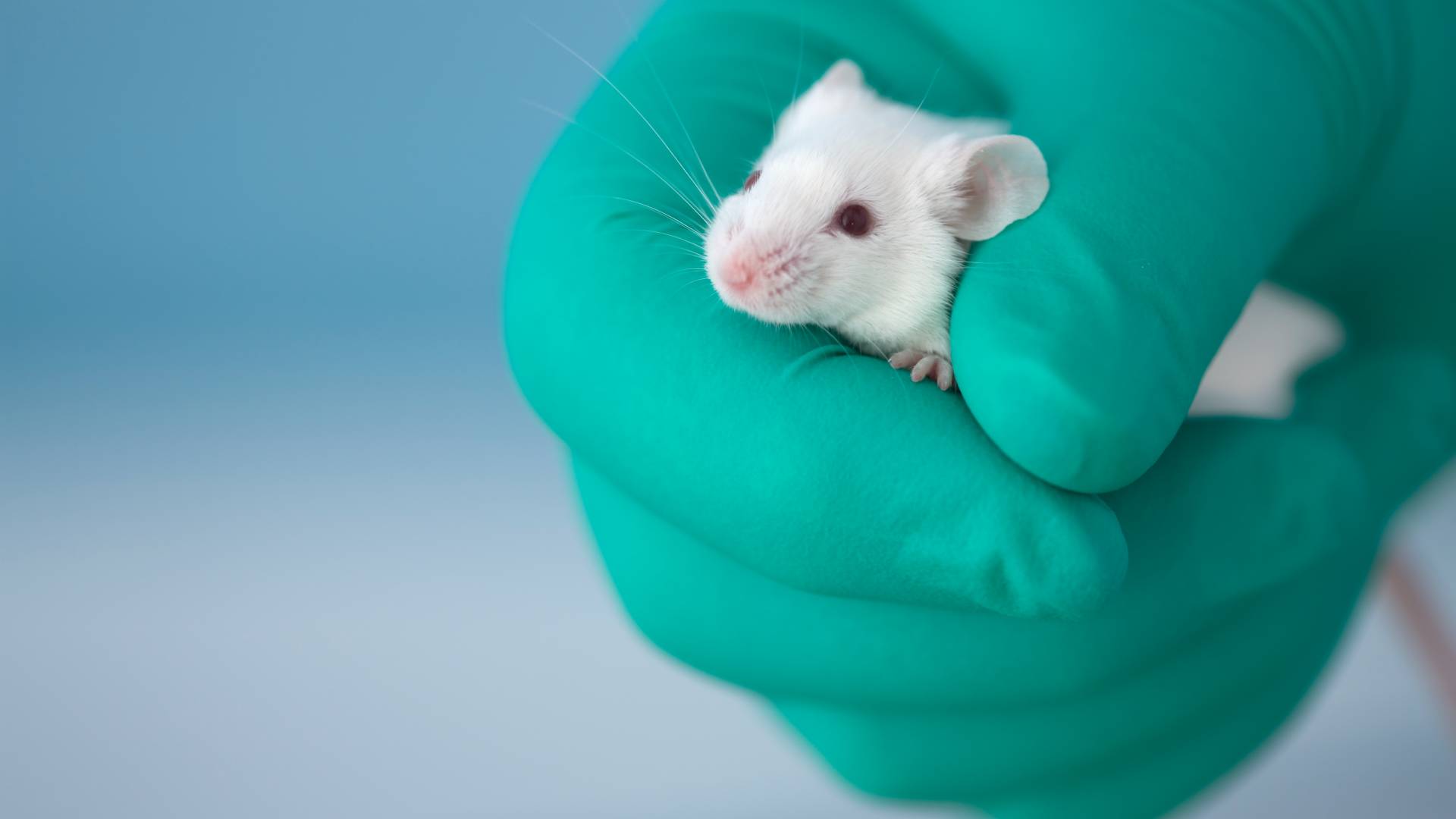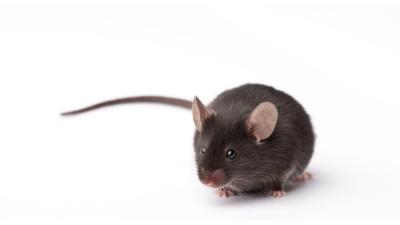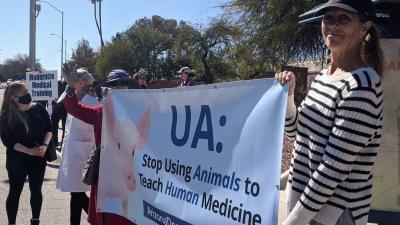Ethics—Both Human and Animal—Demand We Move Away From Animal Use in Biomedical Research Urgently and Focus Entirely on Human Biology Instead

New paper by Jarrod Bailey, PhD, Director of Medical Research at the Physicians Committee, and co-author Professor Michael Balls, summarizes the case for a paradigm shift in medical research that will help animals and humans.
In their invited review in Anesthesiology Clinics, the authors discuss ethical issues and considerations concerning the use of animals in science, and how these can be used by some to justify animal experimentation. They also make the case that human ethics must take a much more prominent role. If biomedical science is not sufficiently human relevant, then it is letting down billions of people relying on science to increase the understanding of human diseases, and to provide new drugs to ease human suffering—and perpetuating harm to tens of millions of animals in laboratories every year.
One of the reasons for the continuation of large-scale animal research and testing is that there is, and has been, far too little reflection and critical questioning of animal models of human diseases and drug efficacy and safety. This widespread failure to follow the scientific method—in which critical evaluation of what is being done, what models are being used to generate data and test hypotheses—is often absent, in the face of unprecedented and substantial evidence against it.
The paper makes the case that animal ‘models’ of human biology and diseases are poor, due to intractable species differences that cannot be overcome or sufficiently taken into account. These differences are amplified by considerable variability within species: Individual animals and humans often differ significantly from one another, making the relevance of experimental data even to other members of the same species problematic. Such differences between individual human beings must be factored into research, and this can only be achieved through human-specific research approaches. This includes so-called New Approach Methodologies (NAMs)—advanced methods of growing and maintaining human cells, tissues, and miniature organs, often derived from patient skin and blood samples, which reflect the variable biology of specific, different patients. Huge strides in our understanding of human diseases, and in what we can do to develop new, safe, and effective therapies for them, are being made in this way, including for diseases which have been poorly served by the use of animals.
The article concludes that a rapid phase-out of animal use in science is essential and must be replaced by a focus on human biology at all stages—for the sake of animals and humans.
Dr Bailey’s new paper can be found here, free, until June 22:








